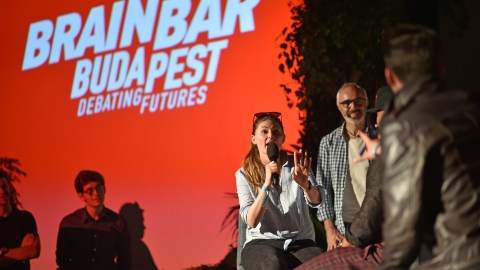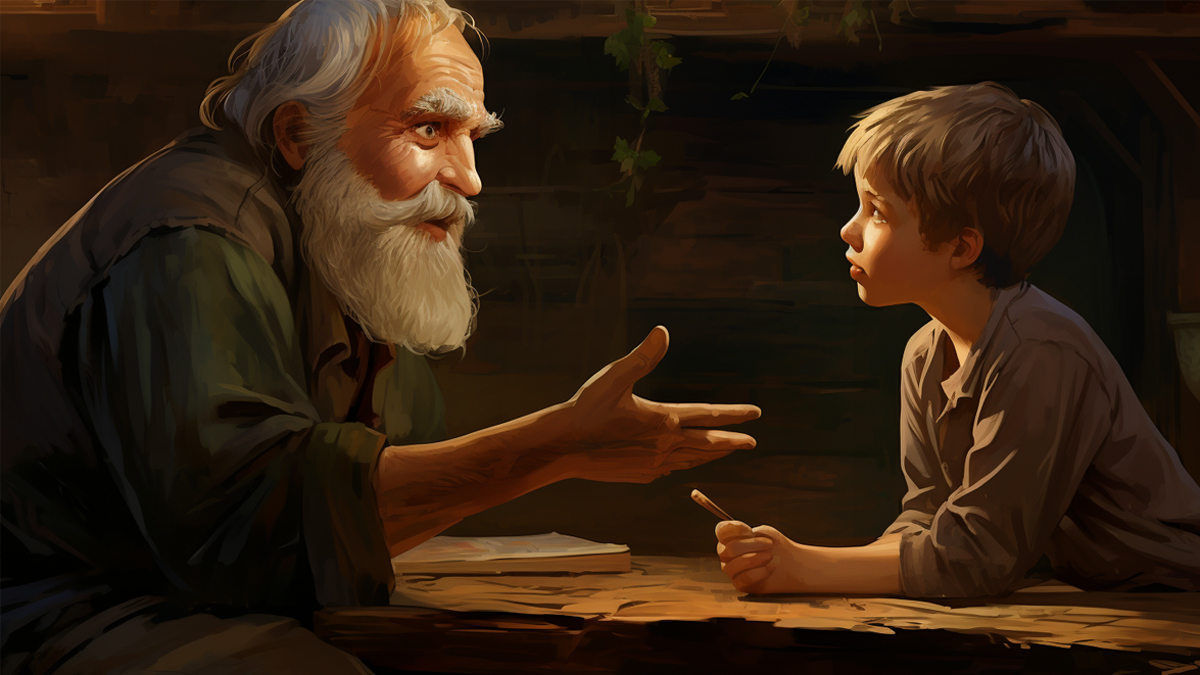The biggest European festival on the future will tackle tough questions once again

How can nature thrive in an age of extinction? Can millennials upgrade socialism? Can philosophy save business? Will androids become your friends or foes? Why is everybody suddenly an entrepreneur?
These are some of the questions that will spark discussions amongst the scientists, artists, writers, entrepreneurs and the audience of Brain Bar, Hungary’s most inspiring event.
Taking place for a fourth year in a row, the festival features “the bravest and edgiest thinkers of our time to discuss the most exciting and controversial topics shaping our future.”
In the past few years, Brain Bar has been making serious efforts to differentiate itself from other thought-conferences. It strives to spark discussion and debate by engaging its speakers in original formats, rather than just delivering talks.
This year, for the first time, the festival will feature the Mastermind Sessions, a series of workshops that provide a unique opportunity to engage with Brain Bar’s speakers in an intimate setting and come up with actionable ideas on several topics related to business and innovation.
In addition, Brain Bar is striving to be truly inclusive by providing free admission to 2,000 students and their teachers.
Students, who are arguably the audience that can benefit the most from such thought-provoking events, are usually the first to be left out by the prohibitive price of tickets. It is refreshing to see a high-profile festival stand by its values that “students and teachers are the most honored people at Brain Bar.”

With them in mind, Brain Bar is dedicating an entire day to Future Jobs, where selected employers will be ready “to fill 50 positions by the end of the day.”
The lineup for this year promises three stimulating days between 31 May and 2 June.
Amongst the more popular speakers are Sophia, the humanoid robot from Hanson Robotics, capable of expressing emotions, recognizing faces, and making conversations; Peter Thiel, the co-founder of PayPal; Massimo Bottura, the triple Michelin-starred chef who revolutionised Italian gastronomy; Ted Chiang, thesuperstar of new millennium sci-fi; and George Friedman, one of the globe’s best known intelligence experts and geopolitical forecasters.
The list includes also a “warrior of anti-communism”, a “glass-ceiling cracker”, “whizzkid of music technology”, “chief skeptic of Silicon Valley” and “virtuoso of 3D animation.”
To learn more or take part, visit brainbar.com.





